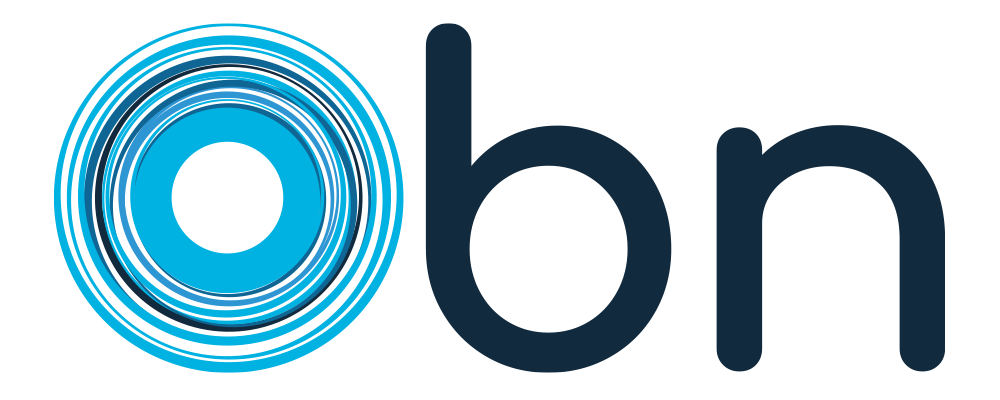
Driven by new technologies, the world is changing at accelerated speed and forcing every kind of institution established during the industrial era to do the same. Education, like every other field, is fundamentally affected by this change in both positive and negative ways. Within this article, we look at mega trends that are shaping global learning ecosystem recently.
- New Goals and New Purpose
There is a global reconsideration of learning goals and ‘graduate profiles’ based on the new economy (what the World Economic Forum calls the 4th Industrial Revolution). Many of us asking, What Should Graduates Know and Be Able to Do?
International advocate iNACOL urges “engaging our communities in the conversations around new definitions of success and what is necessary for redefining student success to include academic competencies, social-emotional competencies, skills and dispositions with a holistic focus for the whole child, a well-rounded education and the future of our communities.”
Purdue Polytechnic aims at XQ Learner Goals which adds ‘original thinkers’ and ‘generous collaborators’ and to foundational knowledge and literacies.
Minerva is a university program that just graduated its first class of world changers. It takes a concept like critical thinking and breaks it down into about 30 specific skills and dispositions developed and assessed in seminars and community connected projects.
Schools are beginning to join networks like Building 21 around next-gen essentials collaboration, communication, presentation as well as habits of success, personal development and wayfinding.
- Active Learning
There is a global trend toward combinations of personalized and project-based learning. Individualized skill building has been bolstered by adaptive and small group instruction. Extended challenges are more frequently being used to develop the personal leadership and problem-solving skills valued by new outcome frameworks.
Active learning is more student-centered, with a combination of directed tasks and open-ended challenges that provide more learner voice and choice. Rural learners in the Place Network use design thinking to take on community challenges.
- Competency
There is a global shift from seat time to ‘show what you know’ and progress on demonstrated mastery. It’s a complex shift that will take a few decades to play out as new tools, strategies and measures are developed. It’s moving most quickly around dynamic job clusters where an academic pedigree matters less that what you can do.
Badges can be a better way of organizing units of learning and measuring and communicating capabilities than time-based courses. An early leader in creating badges, IBM has issued over a million credentials to learners within and outside the company.
Similarly, a growing number of teachers are benefiting from personalized and competency-based learning organized as a series of microcredentials. Teachers gain the ability to choose (or build) what they wish to learn and how they demonstrate their learning.

